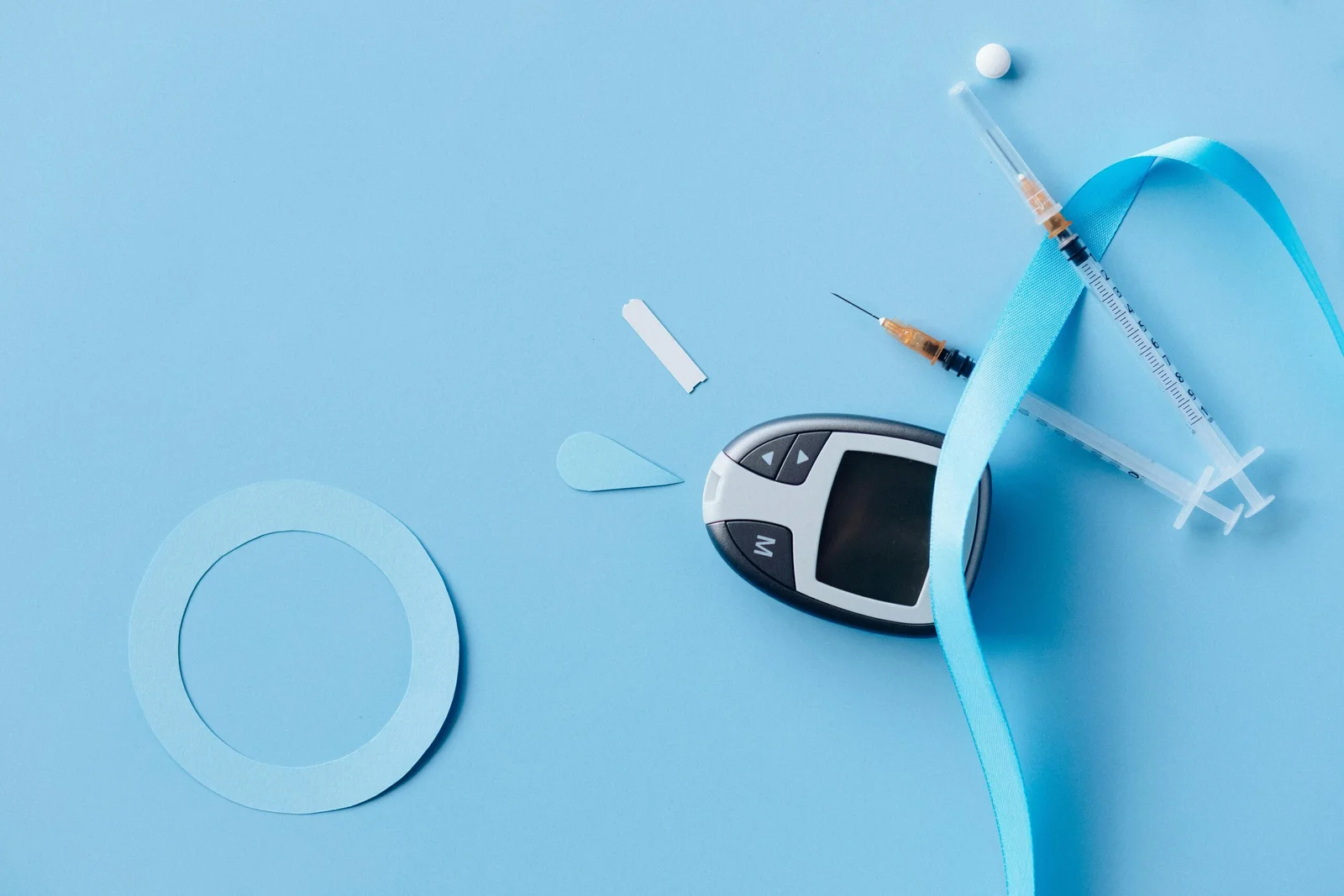
What is GLP-1?
Glucagon-like peptide-1 (GLP-1) is an incretin hormone, primarily produced in the intestines, that plays a crucial role in glucose metabolism. It helps in the regulation of appetite and insulin secretion, making it an important factor in managing diabetes. As clinicians explore treatment options, understanding how GLP-1 works becomes essential.
How Does GLP-1 Help with Diabetes?
GLP-1 agonists, which mimic the action of the hormone, have emerged as a vital tool in diabetes management. They lower serum glucose levels by enhancing insulin secretion in response to meals, thereby reducing blood sugar spikes. Additionally, they suppress glucagon secretion, which helps decrease hepatic glucose production. By aiding in weight loss and enhancing patient satiety, GLP-1 agonists significantly contribute to better metabolic management in individuals with diabetes.
When to Consider GLP-1 Agonists?
Participating clinicians should consider GLP-1 agonists for patients with type 2 diabetes, particularly those who are overweight or obese. It’s important to assess individual patient factors, including their current treatment regimen and specific health conditions. Consulting with specialists who understand the nuances of GLP-1 agonists can further optimize patient care and ensure the best outcomes. As knowledge of GLP-1’s function deepens, practitioners can make informed decisions to tailor diabetes management effectively.



0 Comments